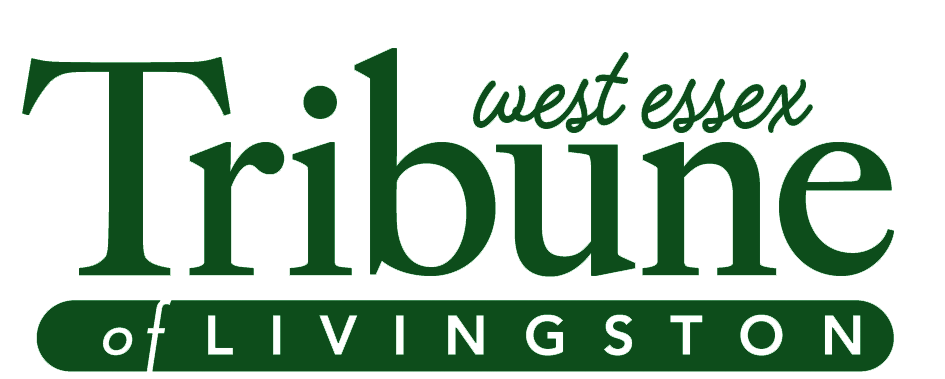This past spring, the New Jersey legislature passed a bill, which Governor Phil Murphy then signed into law, dismantling the Open Public Records Act (OPRA) in the state. The changes, officials said, were designed to limit commercial requesters from profiting off of the records while overtaxing municipal clerks’ offices in the process. We were, and remain, sympathetic to these issues, though we believe this bill was not the correct remedy to them.
At the time he signed the bill, Governor Murphy said he did not believe it would harm transparency in the Garden State. Unfortunately, the gutting of access to public records has already begun. To name just one problem associated with the reforms, it is now far too easy for officials to charge exorbitant fees for access to public information.
For example, last month in Livingston, a records request filed for tort claim against the township on behalf of Livingston Police Sergeant Kevin Mullaney required a “special service charge” to be fulfilled. When records requests were made for this information – including one made on behalf of this newspaper – requesters were told that, due to the “‘extraordinary’ expenditure of time and effort required to review the 106 page document for exemptions,” a fee of $583.35 would be needed to complete the work. The fee – calculated from the hourly salary of the person that would be tasked with completing the job multiplied by the expected time to do so – is a brazen attempt to price people out of information to which they are entitled. It is what these new laws embolden government entities to do in order to keep public records from citizens.
Now, there are plenty of instances in which OPRArequests may be abusive. For instance, they can be done purely to waste the time of those charged with fulfilling them, or be used to harass those in the government. We know both of these occur in town, and understand these reforms may put a stop to many of them.
But this situation is not that; instead, it is exactly what we feared would happen with this OPRA reform, despite those who voted for it assuring us it was not the case.
For the tort claim, the information requested was reasonable, and the nearly $600 special fee (and monthlong wait to receive it if the fee is paid) is simply a tactic designed to withhold information from the public. It is an example of how New Jersey residents’ right to public information, to hold those in power in check, has been decimated. Those records are not frivolous and they are not being requested by commercial entities; it is exactly the type of document that OPRA is designed to permit citizens the ability to acquire (not just the ones with $600 in spare change).
Even if it is within officials’rights to keep these documents locked behind a hefty fee, it is certainly a bad look to do so. It is within their power to waive or lower the cost, and we hope all involved will strongly consider the importance of transparency moving forward.


